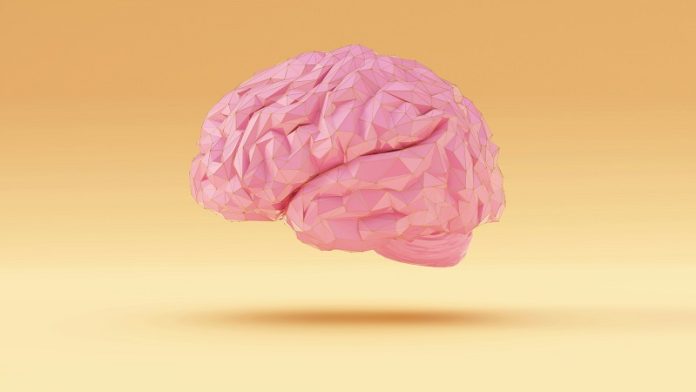
People who experience a stroke are at a higher risk of having another stroke or a serious heart-related issue, making it important to identify ways to prevent these events.
A new study, led by researchers from Boston University School of Public Health (BUSPH), the National Institute for Health and Care Research (NIHR) Bristol Biomedical Research Center, and Veteran’s Affairs Boston Healthcare System (VA Boston), has uncovered new genetic and molecular risk factors that could help prevent further strokes.
The study, published in the journal Stroke, discovered two proteins—CCL27 and TNFRSF14—that may play a role in stroke recurrence and other heart problems.
These proteins are known to trigger inflammation, which is a key factor in many chronic diseases, including strokes.
The study found that these proteins are linked to future heart problems, but not to the first stroke itself.
This suggests that inflammation might be a major factor in the recurrence of strokes or other heart-related issues after a person has their first stroke.
The researchers believe these findings could lead to new treatments aimed at reducing inflammation to prevent future strokes.
Nimish Adhikari, one of the study’s co-authors and a Ph.D. student at BUSPH and VA Boston, explained that while previous studies have linked inflammation to strokes, this study shows that these specific proteins may be involved in causing second strokes or heart problems.
This opens the door to developing new drugs that target these proteins.
The research team, which also included Andrew Elmore from NIHR Bristol BRC, used genetic information from two large biobanks, the VA’s Million Veteran Program and the UK Biobank.
They conducted a special type of genetic study called a genome-wide association study (GWAS) to look for links between DNA and strokes.
This method is usually used to find risk factors for first-time medical events, but in this case, the researchers applied it to look for factors linked to recurring strokes or heart issues.
The study analyzed data from over 93,000 people who had experienced a stroke. Among them, more than 51,000 had heart problems after their stroke, and over 45,000 had a second stroke.
In particular, the researchers identified two significant genetic variants that may influence the likelihood of stroke recurrence.
While the global rate of strokes has decreased in recent decades, strokes are still the second-leading cause of death and the third-leading cause of disability worldwide. They also disproportionately affect people based on race, ethnicity, income, and geography, making it a major public health issue.
By identifying these proteins, the researchers hope to develop new treatments that could prevent recurring strokes and improve health outcomes for millions of people.
As the study continues, the team aims to explore other heart-related conditions that could benefit from these findings.
If you care about stroke, please read studies about how to eat to prevent stroke, and diets high in flavonoids could help reduce stroke risk.
For more information about health, please see recent studies about how Mediterranean diet could protect your brain health, and wild blueberries can benefit your heart and brain.



